It’s a right 16 and 17-year-olds in Scotland have had for almost a decade, but the debate over lowering the voting age continues at Westminster.
Sir Keir Starmer has pledged to lower the age to 16 if Labour wins at the general election while Sir Ed Davey says the Lib Dems “have long supported” such a move.
Meanwhile Rishi Sunak warned Keir Starmer only wants to give those aged 16 and 17 the vote to “entrench his power”.
As it stands, 16 is the minimum age to vote in Scottish Parliament and local elections but for a general election, voters have to be 18.
Should we bring in general election voting for 16 and 17-year-olds?
Brian Dunn is head of sector for Care, Education and Social Sciences at North East Scotland College.
Asked whether 16-year-olds should have the vote, he said: “I think they should, absolutely.
“I think there’s good evidence for it. Scotland and Wales have allowed 16-year-olds to vote in elections outwith Westminster.
“Other countries, including Brazil and Austria, have tried this out, so I see no reason why not.
“One thing I find frustrating in the conversation around this is that it becomes more about, when does adulthood start?
“Rather than coming at it from the point of view of, what about young people’s civic rights, their citizenship?
“They are taxpayers, they work, they contribute, they can get married, join the Army.
“I think it’s about being able to shape the country they are part of because they’re going to be here a lot longer than I am!
Is voting at age 16 and 17 the right thing to do?
“I mean, I’m 60 this summer. So who has more to gain at this election?
“We all have, but for young people, it’s the rest of their lives. They should be allowed to shape that.
“I think there’s a lot of cynicism around young people generally.
“I’ve worked in a college a long time and I think young people get a bad reputation.
“I think that’s always been the case. Older generations love to go, oh, look at the younger generation, how they behave, their manners.
“I don’t really find that working in a college. I’m positive about young people. Yeah, there are problems, but more often, they are interested.
“I think young people want the vote not as a sign of being an adult. They want it on their own terms.
“You know, 16 and 17-year-olds, they have opinions and they should be able to exercise that.
“There’s some evidence that the younger you vote, the more engaged you will be going forward.
“Our system is not perfect, far from it. But we really need to be educating young people, making them politically literate and getting them engaged in the process.”
Are 16 and 17-year-olds ready to have the vote?
How does Brian respond to the argument that young people don’t know enough about the world to vote?
“Well, I could equally say that about adults,” he said.
“You just need to look on social media and some of the absolutely bonkers views people have.
“To be honest, I think this is more of an argument for young people getting the franchise because we need them to become involved as early as possible.
“So we can start to educate them and teach them about how to fact check and about the validity of sources.
“All those things are important because if you were to look on social media, there are some crazy ideas out there by so-called educated adults.
“I just don’t think that one holds up really!”
Do he sense any frustration among young people that they want to have an input but have no means to do so?
“Yes, I think so. The NUS have lobbied for 16 and 17-year-olds to get a vote.
“I do think they are aware of it and if you consider a 16-year-old at this election, the term of a government is five years, so they will be 21 before they next get the chance to vote.
“So much can happen in that time. And they’ve had no impact on it.”
“The turnout in the Scottish Independence Referendum was 75% for 16 to 17- year-olds, 21% above the turnout for the 18 to 24 age group.
“So actually, the 16 to 17-year-olds were much more engaged than the age group above them.”
Riley Walker is a member of the youth media team at SHMU and at 16, is in no doubt about having the vote.
He said: “I believe 16-year-olds should be able to vote. At this age we are able to contribute to the economy by working full-time jobs.
“We’re able to open bank accounts, leave secondary school and, I’m pretty sure, even join the Armed Forces.
“Given the fact that we participate actively in a lot of part of British society, it seems fair we should have a say in how it is governed.
“About the issues and concerns people my age have, climate change is a big one.
“And education, mental health support in schools and workplaces, inflation and housing affordability.
“Brexit has had a big impact on the issues people think about as well.
How do young voters feel about their politicians?
“I feel there is a strong sentiment among young people that politicians don’t really care about them.
“It feels like politicians are just playing us more than actually trying to help us.
“People might not give us enough credit. There are a lot of young people who are engaged in politics but don’t have a voice to express themselves politically.
“I am looking forward to be able to vote. I want to see better things done in Scotland and I hope that being able to vote can help achieve that.”
And what would Riley say to any young person who has the vote but is not planning on using it?
“I would say that to not vote harms you because you’re actively throwing away your democratically given voice.
“If you do vote, it can make a difference.”
Read more:
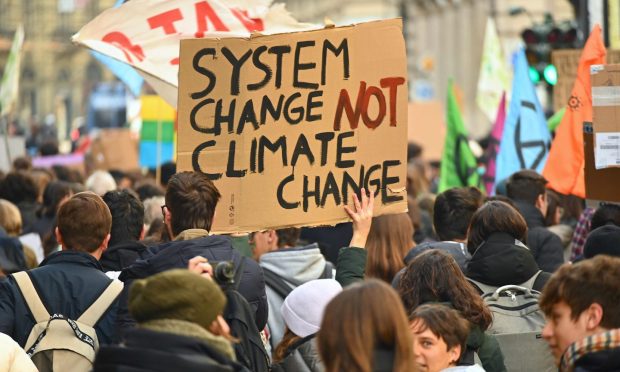
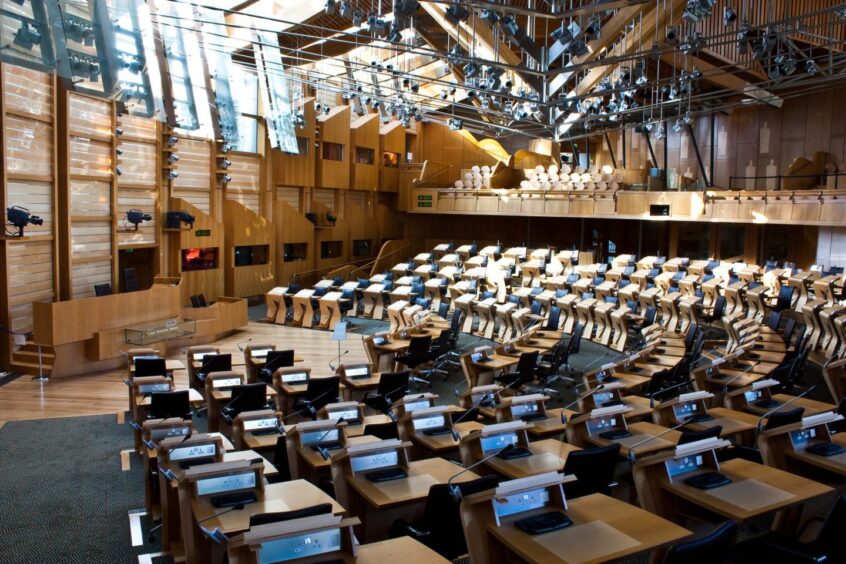

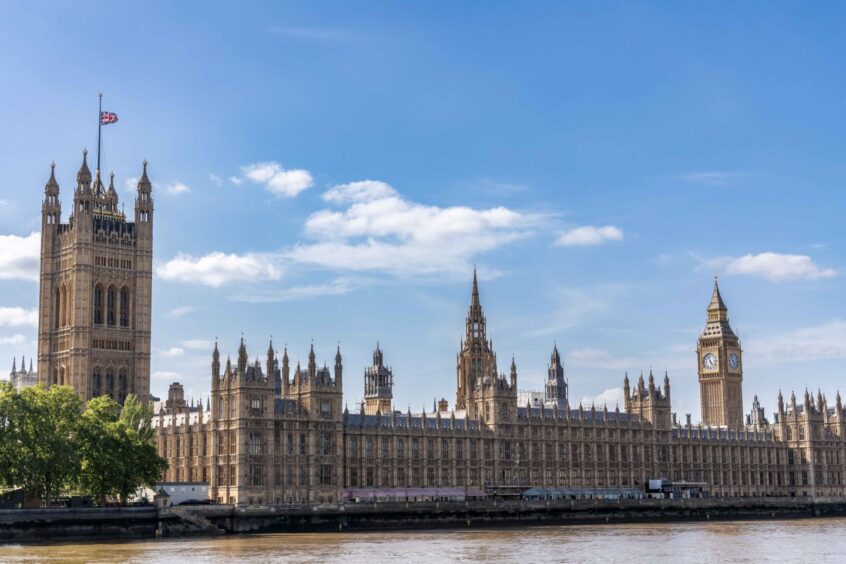
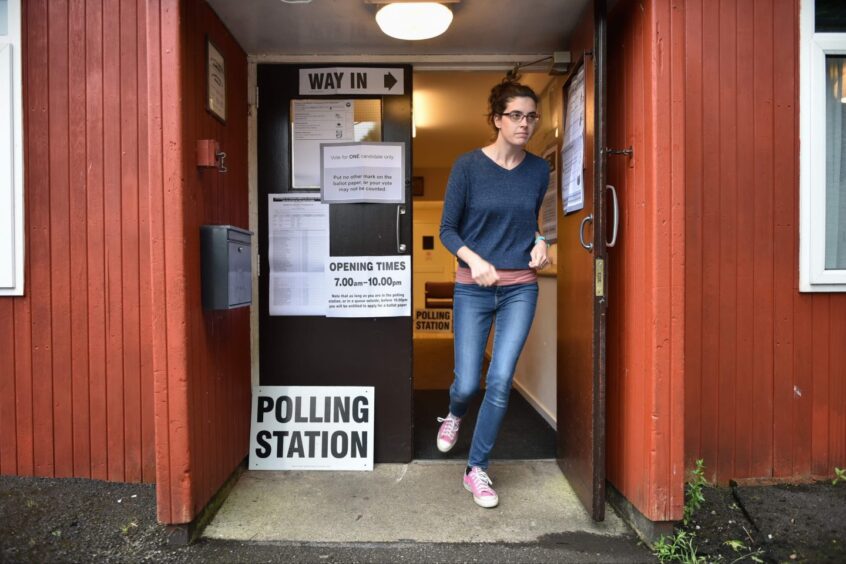
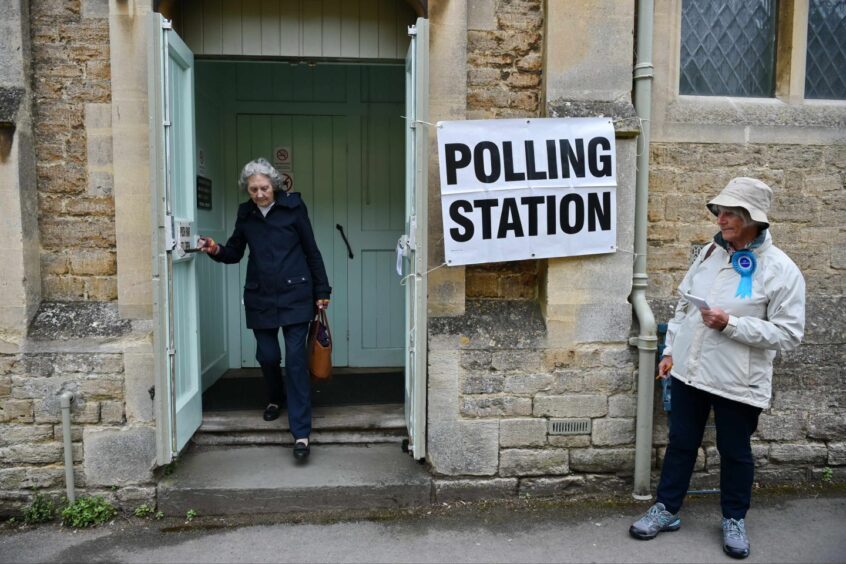
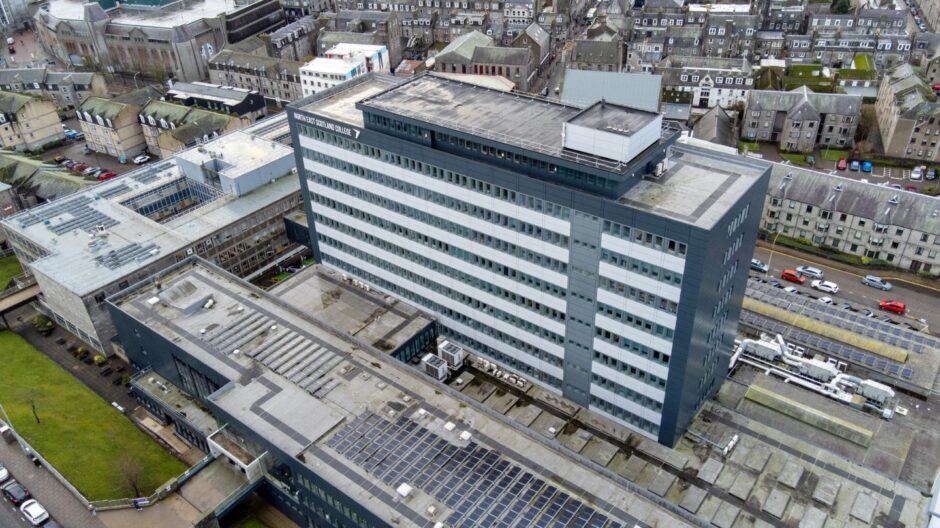
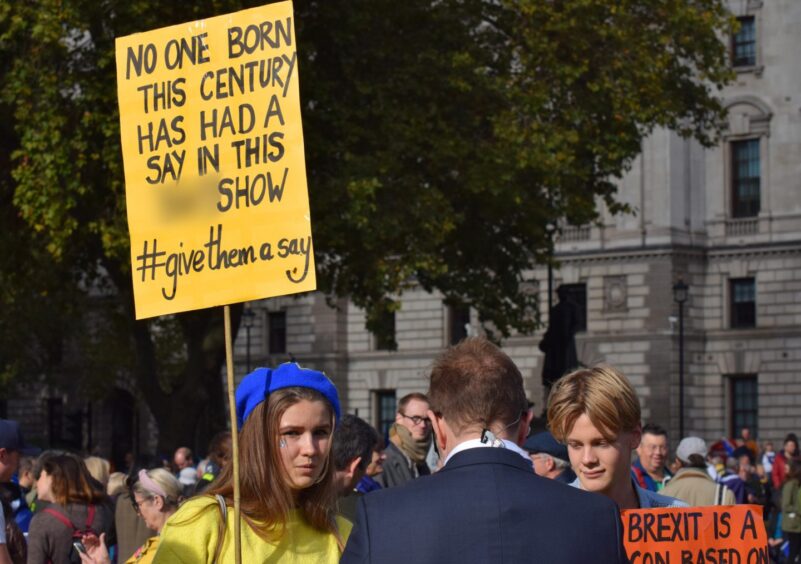
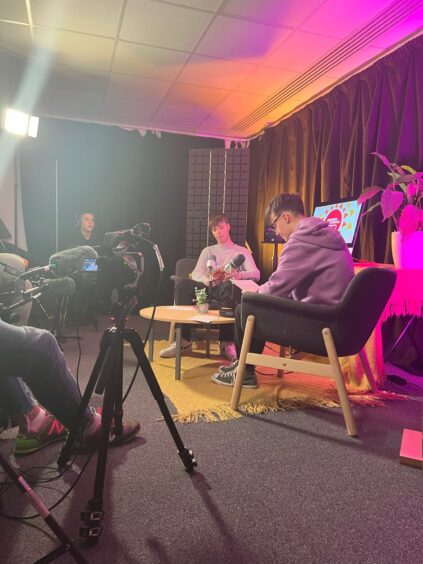
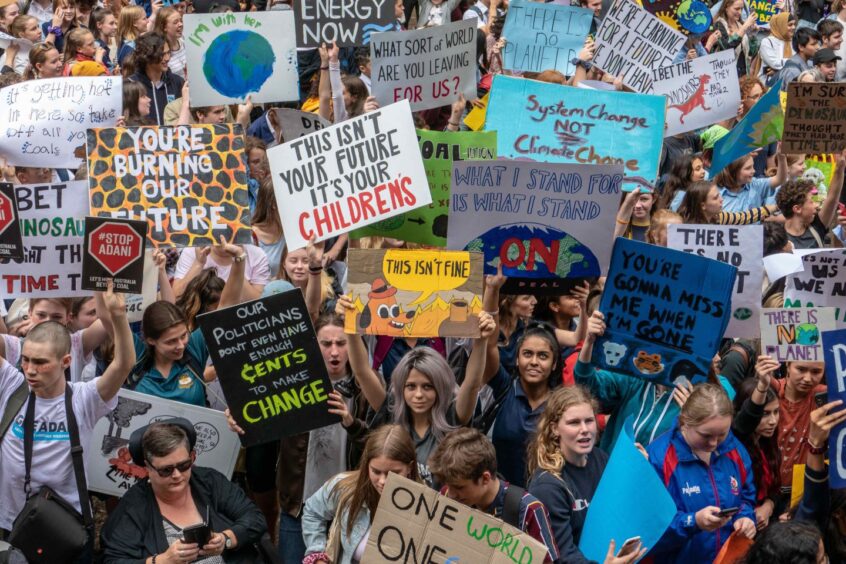
Conversation